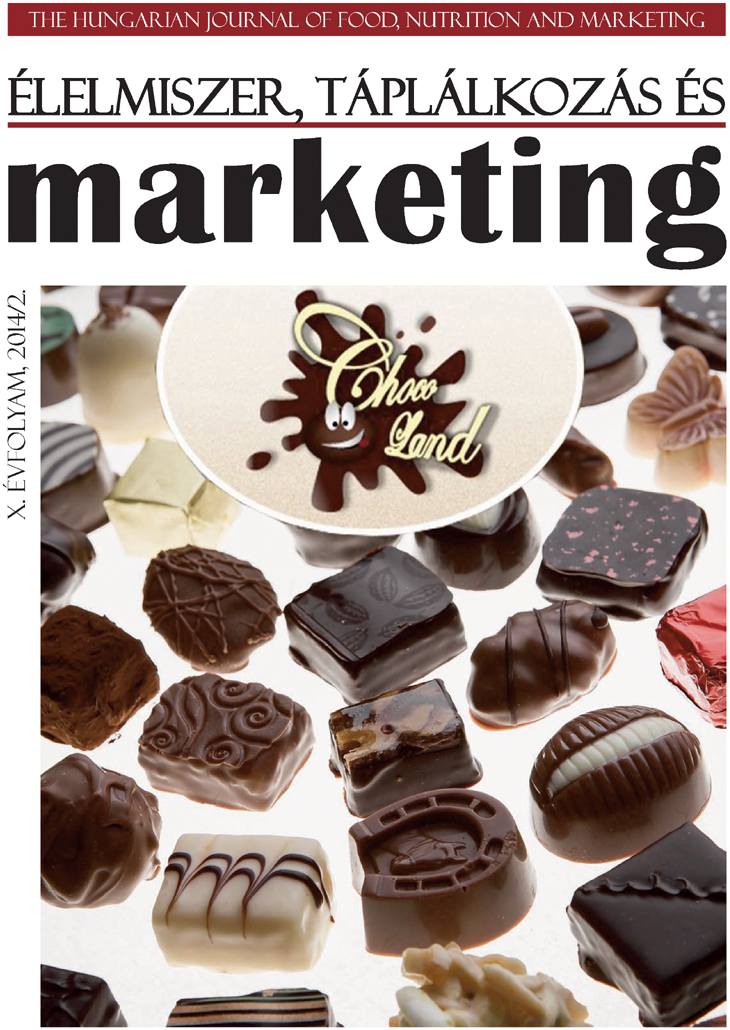Étrend-kiegészítőkkel kapcsolatos fogyasztói vizsgálat eredményei
Absztrakt
According to the results of the representative food consumption surveys done in 2009, both the macro- and micronutrient intake of Hungarian consumers is insufficient (BIRÓ et al., 2010; LUGASI et al., 2012a, b). To suppliment the incomplete nutrition the intake of dietary supplements can be an alternative solution, one whose number is continuously rising on the Hungarian market. The aim of this study is to give an overview of Hungarian consumers’ opinions and consumption habits regarding dietary supplements, furthermore to identify and characterise similar consumer groups. To get acquainted with Hungarian consumers’ attitudes regarding healthy nutrition a questionnaire survey was conducted. The questionnaire contained questions about opinions and consumption frequency of dietary supplements. The survey was performed amongst Hungarian residents over 18 years old (N= 273). Results were analysed with the help of SPSS 21 statistical software. Even though Hungarian consumers rather rely on the nutritional value of foodstuffs than on dietary supplements, half of the respondents (59.7%) answered that they consume supplements containing vitamins and mineral substances regularly or periodically, mainly in case of prevention (38.4%) and for daily consumption (20.8%). The most popular supplements are vitamin and multivitamins preparations. Consumers of dietary supplements showed conscious patterns of consumption, thus they have a higher risk of overconsumption (dietary supplements, fortified foodstuffs in addition to a healthy diet). On the basis of our results it can be stated that healthy foodstuffs (e.g. functional foods) and the dietary supplements are rivals of each other, because the same health conscious consumer group prefer them. This has to be taken into consideration in producers’ (functional foodstuffs and dietary supplements) communication strategy. With the help of K-means cluster analysis three significantly distinct groups were identified: ‘supporters’, ‘opponents’ and ‘thinking traditionally’. On the basis of their characterization it can be said that beside the ‘supporters’, members of the ‘thinking traditionally’ group showed positive attitude towards dietary supplements, which can be risen with adequate communication. Composition of the Hungarian consumers’ diet differs from both the national and the international recommendations in many regards, so it can be improved with further propagation of balanced food consumption and healthy diet, as well as with the adequate and reasonable intake of certain dietary supplements.



